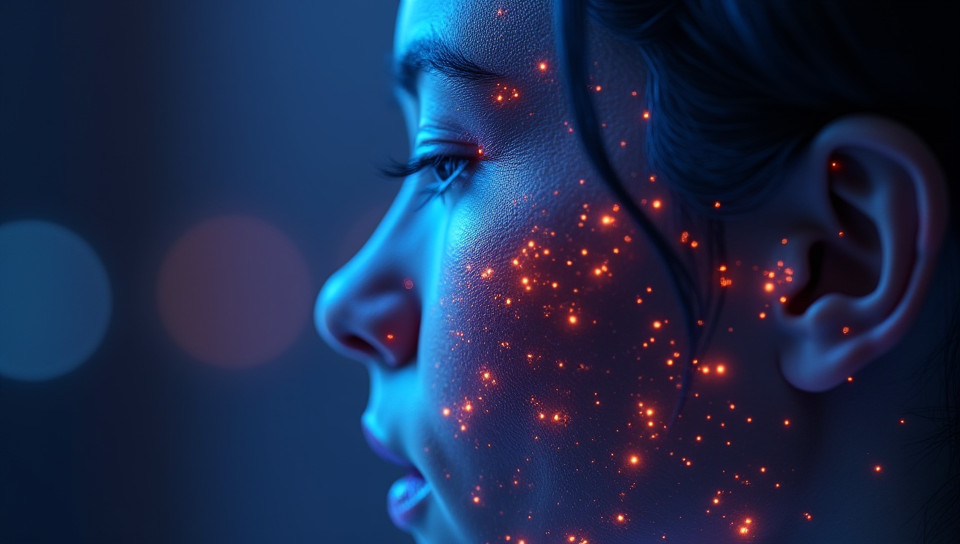Artificial light suppresses melatonin secretion 75%

The Dark Side of Light: How Artificial Lighting Affects Our Bodies
As we go about our daily lives, it's easy to overlook the impact that artificial lighting has on our bodies. We spend countless hours indoors, surrounded by the glow of screens and overhead lights, without giving much thought to the potential consequences. However, research is showing that exposure to artificial light can have a profound effect on our hormone levels, particularly when it comes to melatonin secretion.
What is Melatonin?
Melatonin is often referred to as the "sleep hormone," but its role in our bodies goes far beyond just regulating sleep patterns. It's a complex hormone that helps to regulate our circadian rhythms, influencing everything from our energy levels to our mood. When melatonin levels are out of balance, it can lead to a range of problems, including insomnia, fatigue, and even depression.
The Impact of Artificial Light on Melatonin Levels
Artificial lighting has been shown to suppress melatonin secretion in several ways:
- Suppressing the production of melatonin by interacting with the suprachiasmatic nucleus (SCN), which is responsible for regulating our circadian rhythms
- Disrupting the body's natural sleep-wake cycle, making it harder to fall asleep and stay asleep
- Increasing alertness and energy levels during the day, but also leading to a crash in energy levels at night
The Consequences of Artificial Light on Our Health
The effects of artificial light on melatonin secretion can have far-reaching consequences for our overall health. Some potential risks include:
- Increased risk of chronic diseases, such as diabetes and cardiovascular disease
- Weakened immune system
- Mood disorders, including depression and anxiety
- Weight gain and obesity
Breaking the Cycle: Tips for Reducing Artificial Light Exposure
Fortunately, there are steps we can take to reduce our exposure to artificial light and promote healthier melatonin levels. Here are a few tips:
- Use dim red lights in the evening to create a sleep-conducive environment
- Avoid screens for at least an hour before bedtime
- Get outside during the day to get some natural sunlight
- Consider using blue light filtering glasses or apps
Conclusion
The relationship between artificial lighting and melatonin secretion is complex, but one thing is clear: our bodies are designed to respond to natural light, not artificial illumination. By taking steps to reduce our exposure to artificial light and promoting healthier sleep habits, we can help to regulate our melatonin levels and improve our overall health. It's time to take control of our lighting and start living in sync with the natural world.
- Created by: Paulo Azevedo
- Created at: Oct. 13, 2024, 10:17 p.m.
- ID: 12534









